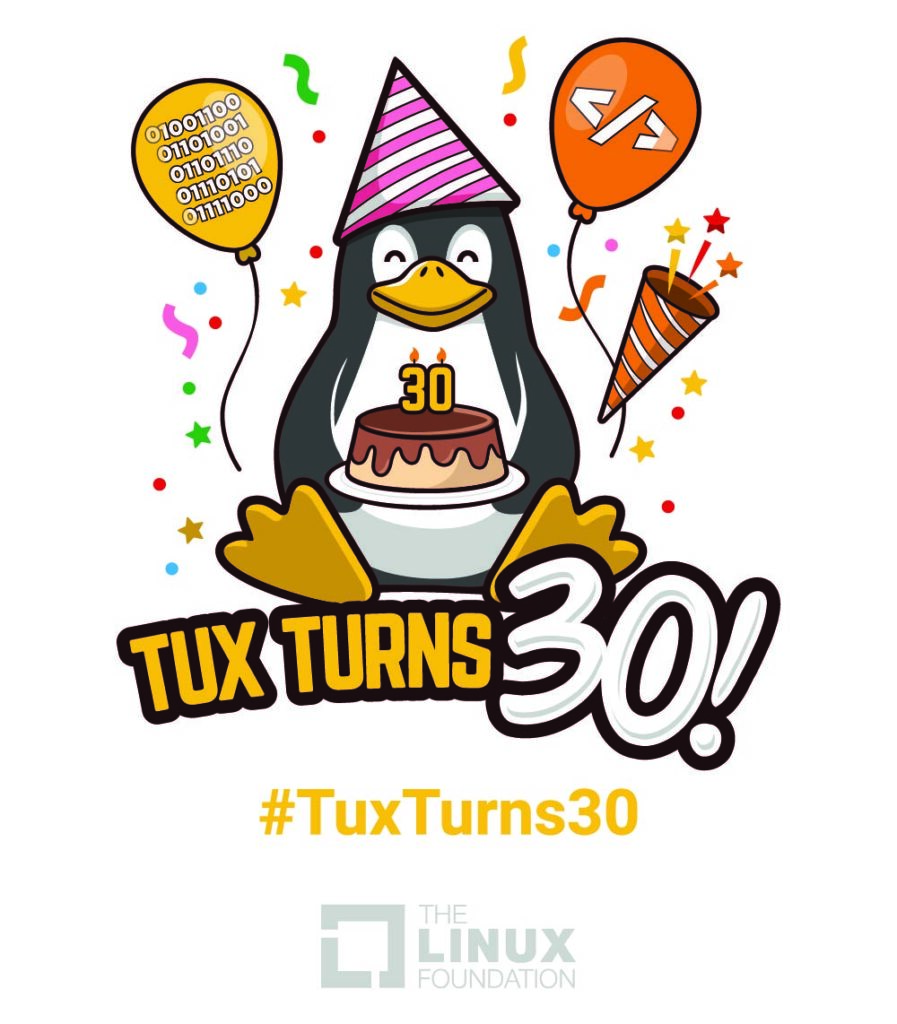Linux is 30 years old. What started as a personal project by Linus Torvalds to create a new free operating system kernel has become the backbone of the Internet.
The impact of Linux as a desktop operating system is minuscule, and although Android was built on Linux, it is a proprietary solution, so it is debatable if one should count it as Linux. Still, it radically changed the server-side of the equation, opening the door to open-source software to the enterprise world and changing the landscape of the development community.
Linus Torvalds original idea was to restrict the use of Linux for commercial purposes. Fortunately, he changed his mind and provided a GPL opening it to commercial development and the appearance of commercial distributions offering the support reassurance that corporations needed to adopt this new operating system.
Free or free?
Linux operating system is free as it bears no license fee; this favored its spread, together with other technical decisions such as installing and the Internet Protocol TCP/IP. Linux is also free to run, copy, distribute, study, change, and improve. Try to do that with a proprietary OS.
Its openness made Linux so successful. The source code was made available to all interested parties to improve and add to the code; in return, they make those changes available to the community again. So disruptive that Steve Ballmer said in an interview in 2001, “Linux is a cancer that affects everything that touches intellectual property.” Today, under Satya Nadella, Microsoft has made peace with Linux and uses it for some cloud applications.
It is important to note that Linux did not represent the birth of the open software movement or the free software foundation, but without Linux, open-source would not be where it is today.
Linux impact in the development community and the business world.
Linux helped lower the bar for developers and entrepreneurs entering the tech industry, moving the business world to a developer-centric frame of being. Without Linux, businesses would face a landscape of proprietary tools provided by big software companies, with little interoperability and low innovation. But with Linux and open-source software, companies can rely on their developers to create the specific tools and systems that deliver the workflows that make business operations efficient and reliable.
Today, there are many technologies that we take for granted and that are built on top of Linux that the Internet as we know it today would not exist. Kubernetes, Docker, TensorFlow, Ansible, MongoDB, WordPress, React, Bootstrap, Node.js, and many others.
Why hasn’t Linux caught up in the desktop world?
Computer manufacturers don’t ship their products without an operating system. Otherwise, they will not be ready to operate once they reach the end consumer. Microsoft has made a great effort to be the operating system pre-installed on most PC sold today. On the other hand, macOS only comes installed in Macs, and Macs only come with macOS.
There are PC manufacturers that offer the possibility of installing Linux on their computers. However, Linux still has the reputation of being too complicated for the end consumer, and without a big enough user base, the software availability has been limited.
Linux has found a place as the base for ChromeOS and providing live to older hardware with lightweight distributions after Microsoft dropped support for older versions of Windows. It also lives in the computers of thousands of developers or Linux enthusiasts.
What’s in its future?
Linux continues to grow and evolve, but its main idea of open software remains. The desktop and mobile environments are dominated by a duopoly of Windows/macOS and Android/iOS, respectively, and we expect no significant changes any time soon (yes, we can be wrong).
Linux already holds a significant presence in the IoT segment due to its scalability and cost-effectiveness and several infotainment systems in cars and airplanes. But its next battle is in the heart of a self-driving car behind Tesla, Audi, Mercedes-Benz, Hyundai, and Toyota, to name a few.
If you are interested in the timeline of Linux, from its predecessors to what it is today, visit Open Anniversary here.
Sources:
Remonews: Linux 30th Anniversary
The Register: 30 Years of Linux Red Hat
Tech Republic: How Linux Has Changed The Business Landscape Its More Than You Think


